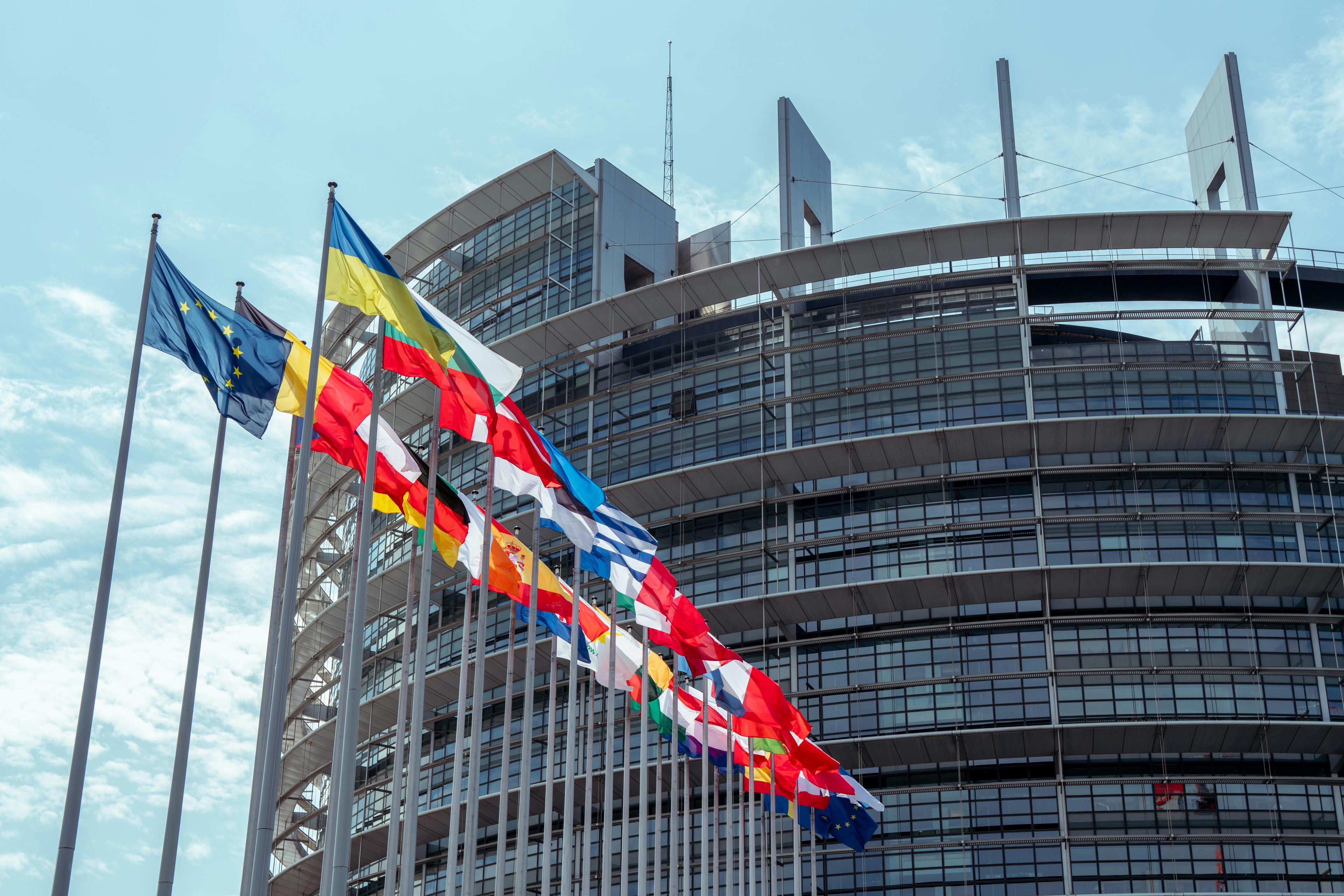Driving EU Leadership in the Clean Energy Transatlantic Market
The race to secure energy independence and lead the global clean energy economy is intensifying. In an increasingly uncertain geopolitical context, EU leadership on clean energy technologies is crucial to delivering a decarbonised, competitive and secure energy future.
Building on Breakthrough Energy and Cleantech Group’s 2023 report, which underscored the rising momentum for a Green Transatlantic Marketplace, this report advances that conversation by offering actionable, private sector-driven strategies to preserve and expand collaboration despite shifting political priorities, and to grow a dynamic, secure, and competitive clean energy ecosystem across the EU, UK, and US. While these regions each face diverging domestic pressures and political uncertainties, the EU is uniquely placed to lead independently in advancing clean energy solutions and ensuring its place at the forefront of the global clean energy economy.
There remains a critical opportunity for businesses across the EU, UK and US to lead in shaping a resilient and thriving clean technology (cleantech) marketplace. The EU, in particular, is well-positioned to chart an independent course—strengthening its global position in cleantech while advancing its climate, competitiveness, and energy security goals. With the transatlantic cleantech market still in its early stages, fragmentation remains an urgent risk. But through strategic private-sector investment, policy consistency, and a focus on regulatory alignment within Europe, businesses can help ensure the development of a stable and competitive cleantech ecosystem.
This report explores the structural and policy barriers preventing deeper cleantech collaboration across the Atlantic. Drawing on insights from companies operating across the EU, UK, and US, we identify cross-cutting challenges, ranging from supply chain vulnerabilities and technology deployment hurdles to inconsistent policy environments and complex permitting processes. Despite political uncertainty, businesses can, and must, play a key role in advancing the cleantech marketplace.
While trade disruptions and barriers such as tariffs pose immense challenges, there remain other areas where meaningful progress is still possible. Due to evolving trade dynamics, while we recognize that tariffs are harmful to transatlantic cooperation on clean tech, this report does not delve into the impact of trade policy and instead prioritises areas where actionable progress can be made.
Strategic recommendations include:
1. Capitalising on Near-Term Opportunities Despite Political Uncertainty: Even as transatlantic political alignment weakens, the EU and UK each retain the ability to act independently—and need to do so urgently–to strengthen their energy security and improve their competitive standing in the global cleantech market. By accelerating the development and integration of clean technologies, these regions can reduce dependency on external energy sources while building industrial competitiveness, and mitigating exposure to geopolitical risks. Delaying action while awaiting political alignment risks ceding leadership in the global cleantech and increases delivery risk of achieving net-zero
2. Private Sector Leadership: The private sector plays a central role in driving the growth of the transatlantic cleantech marketplace. While political prioritisation may fluctuate, businesses have an opportunity to lead innovation and develop scalable solutions. Through continuous dialogue with policymakers on addressing operational hurdles such as standards or financing rules, companies can help Europe maintain competitiveness in the global market and ensure that energy security goals are met through sustainable, homegrown technologies.
3. Leveraging the UK’s Position: The UK is uniquely positioned to act as a geostrategic bridge, accelerating collaboration between the EU and the US, helping to foster stronger connections between policymakers and businesses. By facilitating cross-border dialogue and collaboration where possible, the UK can strengthen energy security and competitiveness on both sides of the Atlantic, ensuring that the transatlantic cleantech marketplace develops with shared objectives. Through these channels, the UK can help drive investment, promote innovation, and be a thought leader.
By adopting a multifaceted and cooperative approach, European stakeholders can overcome barriers, scale innovation, and build a cleaner, more competitive transatlantic economy for the future.
Read the full report here.

